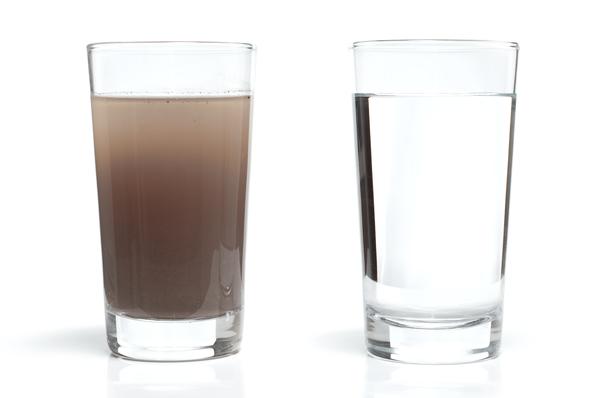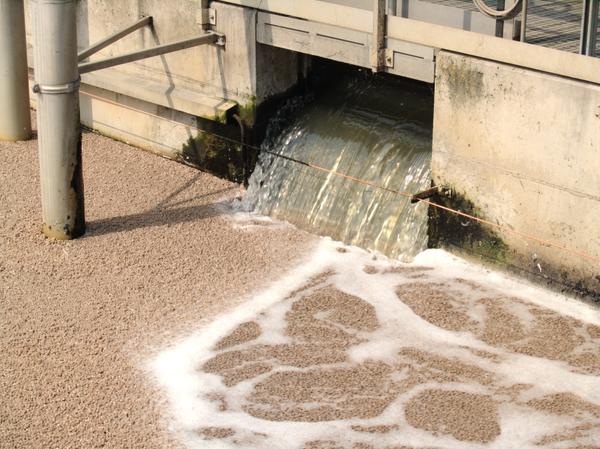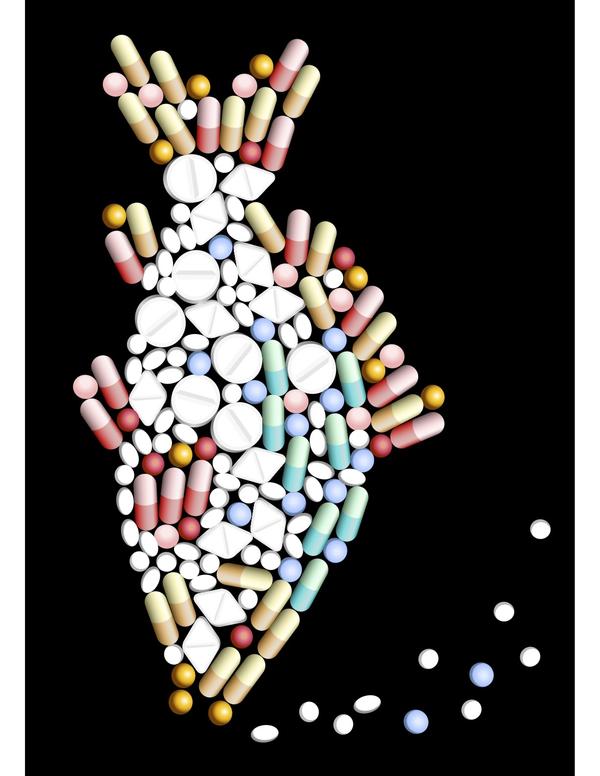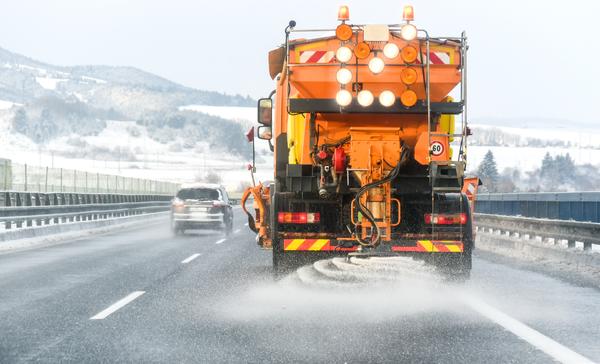What Am I Drinking?!

Knowing what you are drinking, bathing in, and washing your clothes and dishes is important. The eerie reality is that Minnesota’s water supply is not up to par. Recent studies reported that 40% of Minnesota’s lakes and rivers failed to meet basic health requirements. Under the Clean Water Act, Minnesota set standards that define how much salt, nitrate, mercury, sediment, bacteria, and other pollutants a body of water can have in it and still be considered safe for "designated uses" like drinking water, recreation, or irrigation. Our MSP team has listed out a few of the most common pollutants in our water, continue reading to find out what they are!

Nitrate
Nitrate is a naturally occurring compound with many man-made sources. It is found in many lakes, rivers, and groundwater throughout the state. Nitrate goes undetected because you cannot taste, smell, or even see it. Consuming more than 10mg of nitrate can be harmful especially for babies. If you have a well it is especially important to be aware of nitrate and its health effects.

Mercury
Mercury is a naturally occurring element that is toxic to both animals and humans. One of the primary ways people in the state of Minnesota are exposed to mercury is through contaminated fish. In the land of 10,000 lakes, it is important to be aware of how this affects the food chain. Mercury is a neurological toxin that occurs throughout the food chain. Airborne mercury gets deposited over land and water and can even be brought into lakes through road runoff. As larger fish eat smaller fish the mercury concentrations increase.

Chloride (Salts)
Minnesota has a growing problem with chloride in its water supply. Chloride threatens freshwater fish and other aquatic life while simultaneously permanently polluting drinking water. Chloride is the result of de-icing roads and allowing the road runoff to go into storm drains and run into lakes and rivers. It only takes one teaspoon of salt to permanently pollute five gallons of drinking water! A study by the University of Minnesota found that 78% of salt used to de-ice roads in the Twin Cities during the winter is either transported to groundwater or remains in local lakes.
Our MSP team is COMMITTED to bringing you and your loved ones fresh clean water. You will no longer have to guess what’s in your water with our FREE Water Test. Call our team today at (651) 346-0234 to schedule an appointment.
